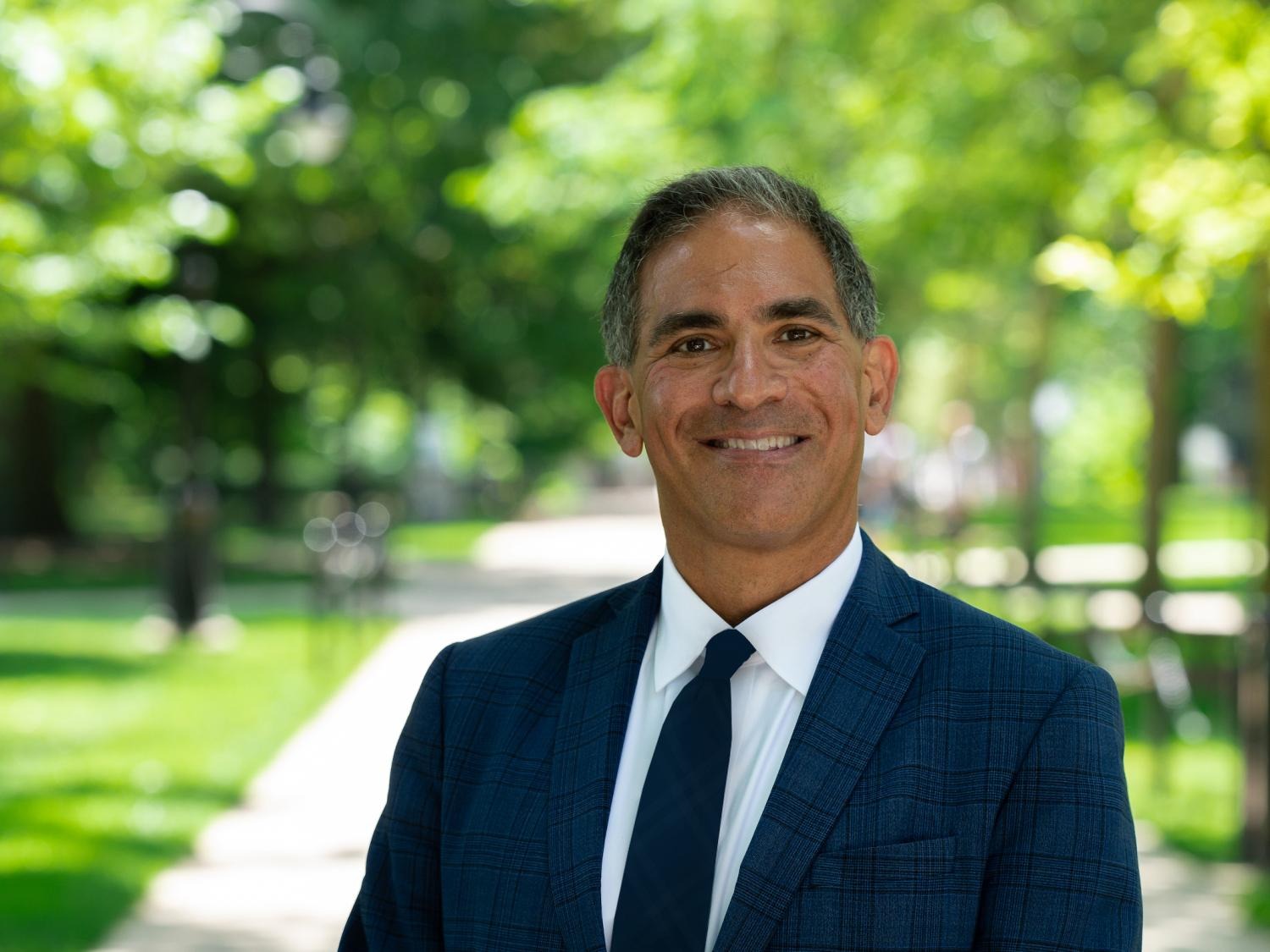 Hundreds of decorated war veterans are gathering in Denver this week to bring attention to the health issues facing returning troops.
Hundreds of decorated war veterans are gathering in Denver this week to bring attention to the health issues facing returning troops.
The annual convention of the Military Order of the Purple Heart begins Tuesday in Denver -- less than a week after former Procter & Gambel CEO Robert McDonald was sworn in as the new chief of the U.S. Department of Veterans Affairs.
Jeff Roy, first vice president of the Military Order of the Purple Heart Service Foundation, says that the organization is watching the VA closely at a time when veterans are complaining about the quality of VA care and barriers to accessing it. The group is also talking about the needs of troops with post-traumatic stress and brain injuries, and the rising number of female veterans.
"These issues are ongoing," says Roy. "We are looking at how the VA can improve."
Roy, of Longmont, Colorado, who was awarded a Purple Heart after being injured in 1968, during the Tet Offensive in Vietnam. A Purple Heart is given to members of the military who are wounded at the hands of the enemy. It may also be given posthumously to the next of kin in the name of a service member who is killed in action or dies from wounds received in battle.
Another top issue is how to lower the suicide rate. Roughly 22 veterans a day commit suicide and the nonpartisan, nonprofit Center for Public Integrity estimates that veterans kill themselves at about twice the rate of civilians.
Colorado is home to an estimated 390,000 of the nation's 21 million veterans. About 304,000 Coloradans served in a war, according to the VA.
The VA is responding to problems, including allegations of misconduct by managers. Last week, the latest foray came in the form of proposed disciplinary actions against six employees at facilities in Fort Collins, Colorado, and Cheyenne, Wyoming. VA managers in those cities are accused of falsifying data to make it seem like veterans were receiving care in a more timely fashion than they were.
“VA must earn back the trust of veterans,” the VA said in a statement. “Part of earning back that trust is holding people accountable when there is documented evidence of willful misconduct and management negligence. We depend on the dedicated service of VA employees and leaders who live by our core values. Those who have not delivered results honestly have and will be held accountable.”
Two supervisors could be removed from service and others receive suspension, demotion or admonishment, according to the VA.








